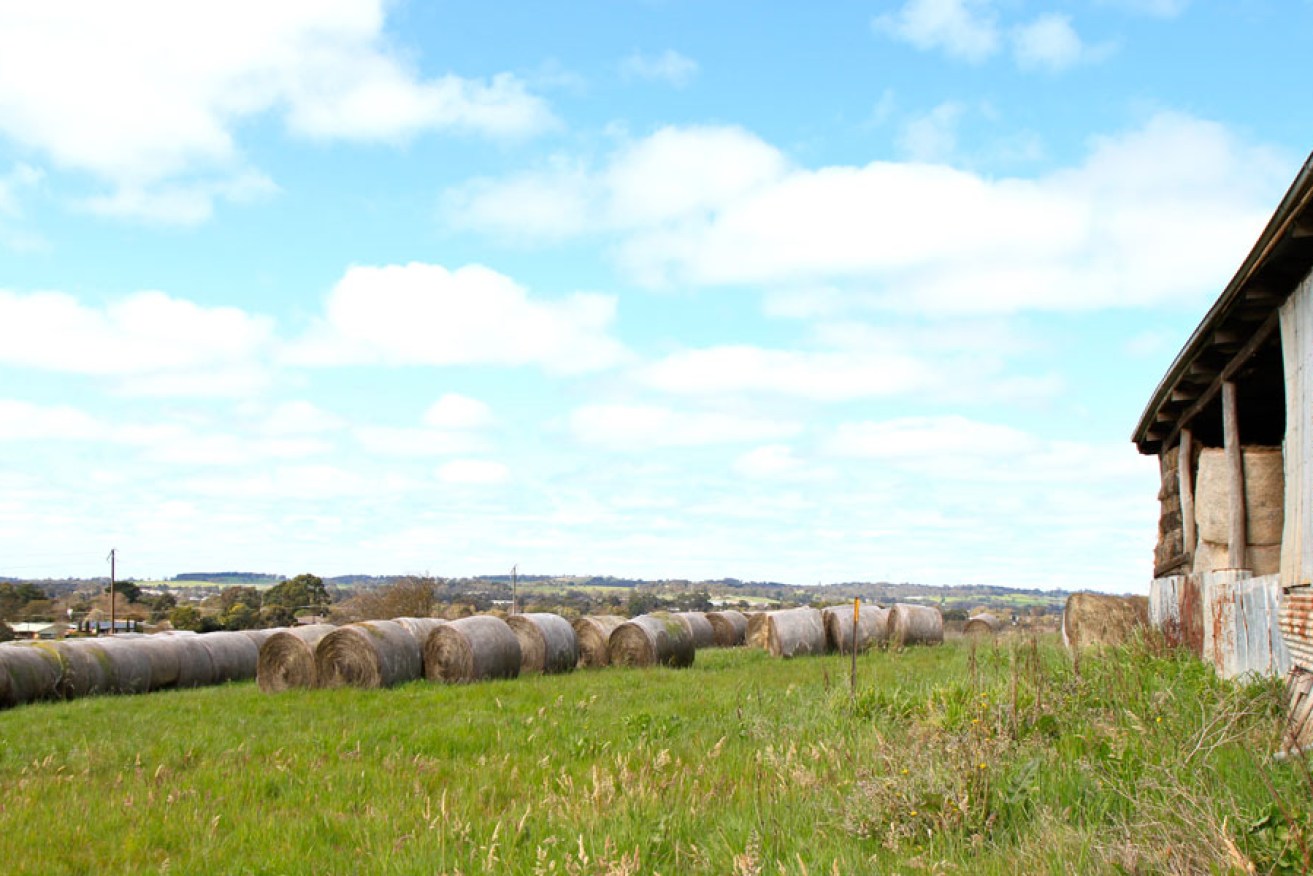Readers’ views on the election campaign, Mt Barker development and more.
MICHAEL ZERMAN: I’d simply observe that if the Public Housing Tenants Association is concerned about any decrease in the availability of public housing, they should direct their ire to the Housing Trust and the bodies that directed its fortunes for the past twelve years, namely consecutive ALP governments (Campaign Diary: Policy by word of mouth, 3 March 2014).
Question: How many public houses have been sold off since 2002?
Question: How many public housing venues have been made available since 2002?
Que?
BRIAN DONAGHY: An open letter to Steven Marshall re your election promises:
1. How do you work out that you can reduce red tape by $100 MILLION A YEAR? Where exactly does this figure come from?
2. If you can already work out that red tape and regulation costs an unnecessary $100 mllion a year, why do you need to set up yet another public service body to “undertake industry reviews”?
3. What powers are you going to give this new “productivity” commission? Is it not the job of the elected government and parliament to reduce red tape and regulation? Or are you going to delegate the power to make or abolish laws and regulations to an unelected body?
4. You are going to task the existing Small Business Commission to advise on cutting red tape and regulation — er, isn’t your new Productivity Commission going to “undertake industry reviews”? When it cuts red tape and regulation, will the new Productivity Commission follow the results of its own industry reviews, or the advice of the already established Small Business Commissioner?
5. Er, what is the advantage of setting up a “Round Table” of industry associations? Are you going to ban the individual business lobbies from lobbying politicians and senior bureaucrats ? Do you not trust your senior public servants to summarise, objectively, the arguments already put forward by the various groups?
6. What is the difference between reducing red tape and regulation (points two and three above) and repealing unnecessary legislation and redundant laws that add costs to small business and the not-for-profit sector”? Does this mean that you are not concerned about costs to big business in the for-profit sector? And while we are at it, what is the difference between “unnecessary legislation” and “redundant laws”?
It seems to me that you are merely proposing to duplicate the work of the Small Business Commissioner and the various industry lobby groups. Or have I got it wrong?
RICHARD ABBOTT: I have been conveniently absent from my abode in the city, so was quietly bemused when my wife brought me the letter box drop of junk mail that is quaintly permitted as election material.
Amidst it was a folded glossy black sheet, that on opening had my eyes immediately drawn to prominently displayed white text on traditional liberal blue background, the phrase “A better Adelaide” with a white tick.
Yep, I said, before throwing the pamphlet in the bin and typing this letter to the editor; thanks to the great eye-catching graphic reminder, the Libs’ Rachel Sanderson gets my vote, as she has made a better Adelaide in her four years.
I hope Ms Sanderson thanks Labor’s creative advertising team for supporting her campaign.
RICK ATKINSON: David Washington’s commentary on the impending Mt Barker population explosion is another example of planning silliness (The sharp edge of the urban universe, 5 March 2014). I wonder if we are ever going to be brave enough to wise up and face the fundamental issue behind it, and that is about the way we still consider suburban living our absolute right.
The suburban townhouses in the Mt Barker project are presumably an acknowledgement of the need to ‘dense up’ and save agricultural land and even land that might provide us with opportunities to learn how to value what’s left of our natural world. I can’t help wondering too who all these houses will be for; what kinds of households, what age mix, will it be impossible without a car?
Along with suburban living comes the most expansive and expensive spread of infrastructure: roads to carry homeowners to and from their homes, footpaths and cycle paths for those who can’t afford cars or doggedly try to maintain an active ‘lifestyle’, and thousands of kilometres of sewers and stormwater pipes, as well as the whole range of services we have come to expect as part of modern living. And still we want comfortable and frequent public transport and access to all the best of facilities…. and we want it now.
David is quite right; whatever the colour of our next government, planning will be or should be core business. But before we (and yes we need to be part of this) begin to plan we will really need leaders courageous enough – and wise enough – to ask very serious questions about how we can actually afford to live in this way – and even in ways that offer more quality of life (as distinct from quantity of life) than most of us experience now.
Send us letters via email to [email protected], including your full name. The editor reserves the right to edit letters.
Or join the discussion on our Facebook page.
Since comments were enabled on InDaily stories, we now receive fewer letters. Letters will now published on a Friday instead of daily.





